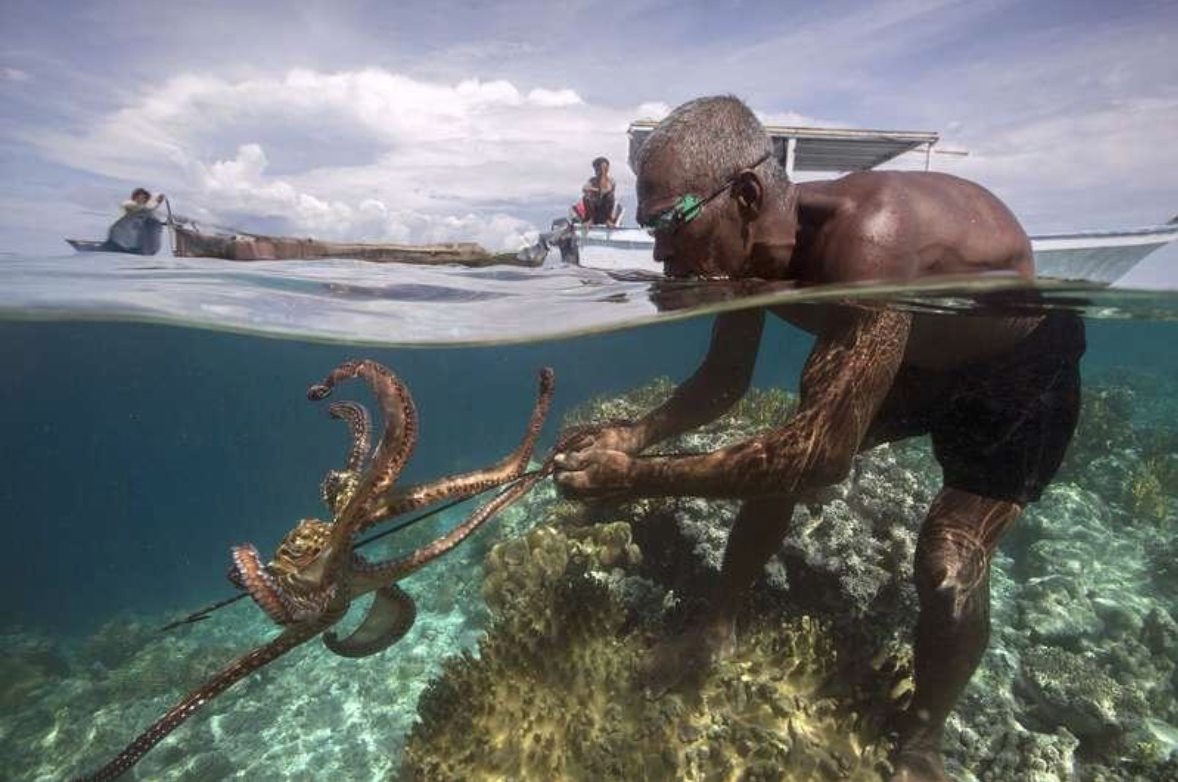As Americans, living in the First World, our quality of life is pretty much taken for granted. When you wear jewelry, eat food, use your phone, have a drink of water, or even just take in a deep breath of fresh air, you don’t think about how you have all of these things or where you get them from. My World Geography class this year has influenced what I think my role on this planet is.
I had never thought about my effect on people I hadn’t even met before, and I’d never thought about how different other people’s lives could be. For example, before learning about both the slums and wealthy parts of Lagos, Nigeria, I’d never thought about how you could see such a noticeable line between the poor and wealthy. The slums, with dirty sewage water and open pipes in the streets, separated from towering skyscrapers and tourists everywhere, by a wall. How, in Rio de Janiero, people were being forced out of their homes to make room for stadiums built for the 2016 Olympics. I never thought water could be a source of political power, like in the Jordan River in the Middle East, where one side flourishes with water while the other slowly wastes away.
I used to think that my role on this planet would just be to grow up and live my life, not giving a thought about the things that we’ve learned in this class. But, this class has spread awareness to the students, like how workers in China at FoxConn, and at Amazon’s factories aren’t treated right. Big companies trick and deceive to find cheap labor. Smog and pollution threaten megacities of people’s health and oceans underwater. Because of this class dropping reality hammers almost every day, I’ve learned that the world is a cruel place and that things aren’t always fair.
But I’ve also learned that there are people that are fighting against injustice, that knowing and learning about the mistreatment in itself is a form of power. So this class may not have taught us a great world where everyone is equal. What it has given to me is truth. That there isn’t really black and white, that it’s all spread out, alternating tints of gray. There are good things, like saving cultures, technology shaping the world and helping people’s lives, innovation, progress, and cute animals like llamas and yaks. The bad verses the good, sometimes you can’t tell. But knowing and spreading information can start a revolution just like a wildfire. We can stop people’s homes from flooding, save the Bajau water people on the island of Borneo, get rid of plastic from the stomachs of birds, and so much more, if we all know something and pass it on. If it isn’t right, speak up. Let other people know.
My role on this planet is to save the world by learning and teaching. The earth may not be the best place right now, but it’s ours. We have so much power in our own hands, being privileged Americans. We have free speech, the ability to learn and explore, and we should make use of this. Information can save the world, and awareness is the key to changing your life.
Lara Zeng
Student in Andrew Semuels’ 7th Grade World Geography class
Chenery Middle School








Leave a Review or Comment